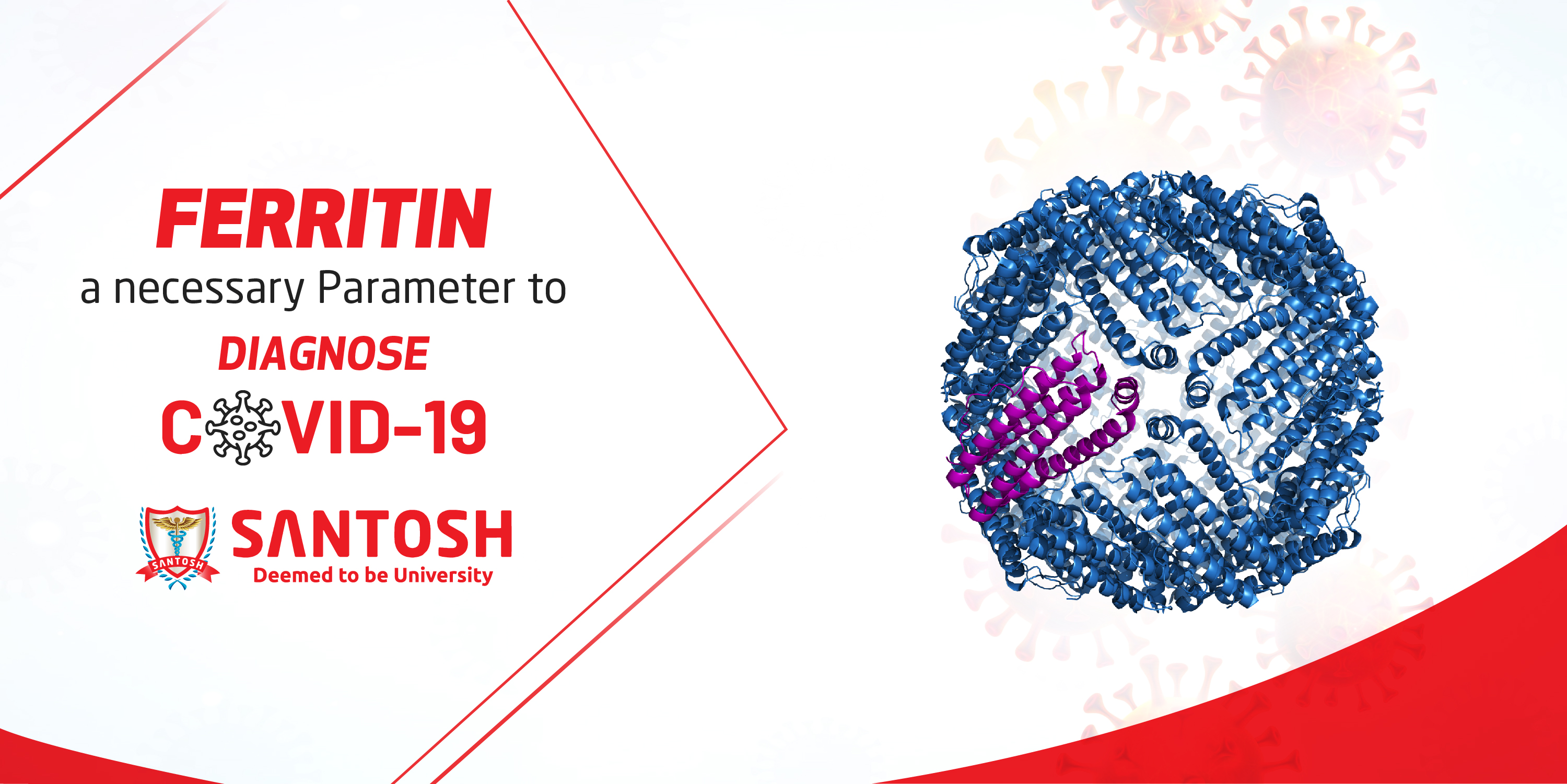
Ferritin is a key mediator of immune dysregulation, especially under extreme hyperferritinemia, via direct immune-suppressive and pro-inflammatory effects, contributing to the cytokine storm.
Serum ferritin levels can be increased significantly in response to inflammation and a variety of diseases. There are a series of diseases whose presence or severity is known to be related to serum ferritin levels, i.e., amyotrophic lateral sclerosis (ALS), atherosclerosis (AS), systemic lupus erythematosus (SLE). Therefore, since the serum ferritin level is correlated with the degree of systemic and pulmonary inflammation, it is reasonable that hyperferritinemia is associated with disease severity in patients with COVID-19.
The mechanisms responsible for the association of hyperferritinemia and disease severity in patients with COVID-19 are unclear, but there are several possibilities for this phenomenon: 1) proinflammatory cytokines such as interleukin-Iβ (IL-lβ), tumor necrosis factor-a (TNF-α), and IL-6 may increase ferritin synthesis. Hence, we speculated that SARS-CoV-2-induced production of proinflammatory cytokines (i.e., IL-6, TNF-α), which are known to be elevated in COVID-19, might promote ferritin synthesis early in inflammation.
It has been reported that fatal outcomes by COVID-19 are accompanied by cytokine storm syndrome, thereby it has been suggested that disease severity is dependent of the cytokine storm syndrome .Many individuals with diabetes exhibit elevated serum ferritin levels3-5, and it is known that they face a higher probability to experience serious complications from COVID-19.
Studies on COVID-19 patients have reported the levels of some inflammatory markers such as procalcitonin, C-reactive protein, erythrocyte sedimentation rate and serum amyloid A. Finally, if ferritin is involved as a pathogenic mediator in COVID-19, techniques such as therapeutic plasma exchange might be beneficial for SARS-CoV-2 infected patients as this will decrease the levels of ferritin and cytokines.